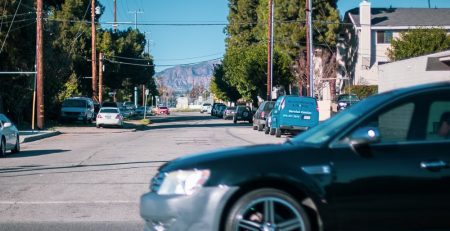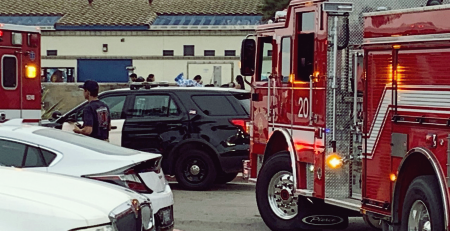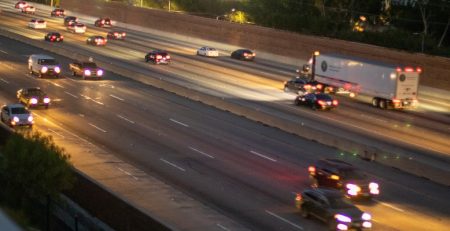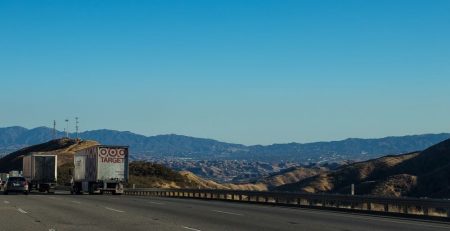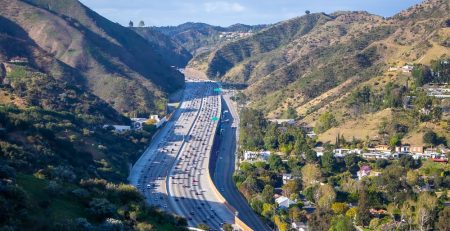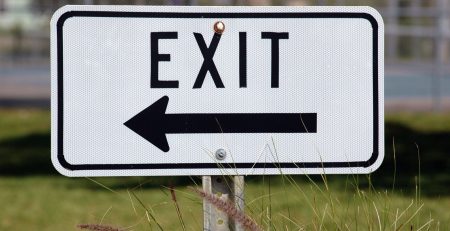How to Report an Accident to the Police
Knowing what to do after an accident is essential. Between injuries, gathering information, and uncertainties surrounding the claims process, the aftermath of a crash can be just as stressful as the collision itself. Knowing when and how to report your auto accident to the police can help take some of the uncertainty out of the process.
When to Call the Police
 Every state has its own accident reporting laws, but in Arizona, you’ll need to report your crash if you think over $300 of damages were caused, or if anyone was injured or killed. Additionally, you’ll have to report an accident if you fail to settle the crash for six months, but this usually isn’t relevant (most settlements involving less than $300 resolve quickly).
Every state has its own accident reporting laws, but in Arizona, you’ll need to report your crash if you think over $300 of damages were caused, or if anyone was injured or killed. Additionally, you’ll have to report an accident if you fail to settle the crash for six months, but this usually isn’t relevant (most settlements involving less than $300 resolve quickly).
Your first priority after any accident should be your own safety—if you’re injured, seek medical treatment immediately. Calling 911 usually suffices to address medical emergencies and alert police, but be sure to make that call before anyone leaves the scene of the accident.
How to File an Accident Report
The police won’t always come to collect information (particularly when nobody is injured), so it’s important that you know how to file a report yourself. In order to create a comprehensive report, you’ll need:
- Photo (or preferably video) evidence of the crash, the surroundings, and any damages or injuries sustained, alongside general notes on the date and time or descriptions of road and weather conditions.
- Recorded witness testimonies, alongside contact information for witnesses and other drivers.
- Notes on any security cameras in the area which might have better video evidence of the crash. If you know who owns them, you should ask the owner for evidence, as most security cameras automatically delete footage after a while.
- Signed statements from the other driver concerning their version of the story, especially if they admit partial or full guilt.
A comprehensive report helps the claims process but also provides invaluable evidence in case you need to go to court. There’s no such thing as too much information, so the more you can gather, the better.
Expect and Prepare for Inconsistencies
Police reports aren’t always perfect, so it’s advisable to gather your own evidence just in case. You should get a copy of the report for your records and carefully look it over for any discrepancies; fixing issues at the time of filing is far easier than doing it later in court. Remember that eyewitness reports can be flawed or manipulated, so you should question strange or seemingly inaccurate accounts and rely more on immutable evidence, such as photos and other records.
Handling Auto Accidents in Phoenix, Arizona
Once you’ve reported an accident to the police and an insurance company, talk to a lawyer, even if you don’t intend to file a lawsuit or dispute a settlement offer. Scheduling a free consultation with an attorney gives you an opportunity to go over the details of your case with a professional and make sure there’s nothing you’re missing. ELG ACCIDENT ATTORNEYS can help, so please, call us today at (623) 877-3600 to discuss your options in an obligation-free environment.

